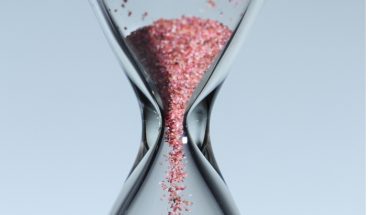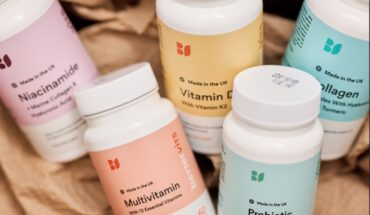As a health campaigner, it comes as no surprise to me that a major new study published in the BMJ showing that ultra processed foods – any involving an industrial procedure – are driving up the rates of cancer. In our book, The Pioppi diet: A 21-Day Lifestyle Plan, Donal O’ Neill and I dedicate a whole chapter to processed foods and the dangers that they pose to human health. The population of Pioppi in the south of Italy, who live the longest in good health in the world, rarely eat processed food at all, relying instead on home-baked and home grown produce.
The population of Pioppi in the south of Italy, who live the longest in good health in the world, rarely eat processed food at all, relying instead on home-baked and home grown produce.
The foods that put you at risk, according to this new report, lead by researchers at Sorbonne University in Paris, are predominantly high in starch and refined sugar – again this is a message that I have been trying to get over for many years. The reason that these foods, eaten in excess can lead to damage of the DNA in our cells, leading to cancer, is because they contribute to the problem of insulin resistance and cause systemic inflammation. So fizzy drinks, sweets, chocolate, cereals and cakes are high on the list. But so is most of the bread we buy which is highly processed and releases its sugars rapidly into the bloodstream.
In Pioppi, most people use flour without additives or processing to bake their own bread so it has a lower glycaemic index than modern ultra processed bread that you find in the supermarket.
Although processed meat like sausages and salami do make it to the list of foods that could lead to higher rates of colon cancer, they were eaten less frequently.
The study found that those who ate the most processed food were 23 per cent more likely to develop cancer of any type over a five year period. For these people, nearly a third of their diet came from ultra-processed foods. Women made up the majority of the 105,000 adults who were asked to keep food diaries and the women who ate the most processed food were increased their risk of developing post-menopausal breast cancer by 38 per cent. These stats are particularly alarming for the UK with a recent report revealing the average Brit is consuming almost half their diet from ultra processed foods.
One of the problems is that people may not actually know what the definition of processed foods actually is. In our book, The Pioppi Diet, we spell the nutritional properties and markers that distinguish processed food, as laid down by one of the leading voices on child obesity in the US. Foods that contain too little fibre because it has been stripped out of the raw ingredients leads to rapid rise of glucose in the blood stream. Too few omega 3 fatty acids, combined with too many Omega 6 fatty acids upsets the ideal ratio between these acids which should be omega 6 to omega 3 at 1:3 rather than typically 25:1. Processed foods contain too few micronutrients like carotenoids which reduce cholesterol’s ability to damage arteries. Packaged processed food typically contains too many trans fats, although use of these heart-dangerous fats has now subsided. Expect processed foods to contain too much salt, too many emulsifiers and too many nitrates, which has been linked to colon cancer.
When it comes to processed foods, the dose determines the poison, and at the moment the scales are tipped far too much towards the side of toxic excessive consumption. We have now reached a status quo in the Western world, that people eat ‘occasional treats’ as the base of their diet. We need to accept that we need a complete food revolution to rethink our approach to good health.
- Aseem Malhotra: No surprise that processed foods boost cancer - 15th February 2018
- A complete healthcare systems failure - 26th June 2017
- The toxic truth about vegetable oil - 4th May 2016






